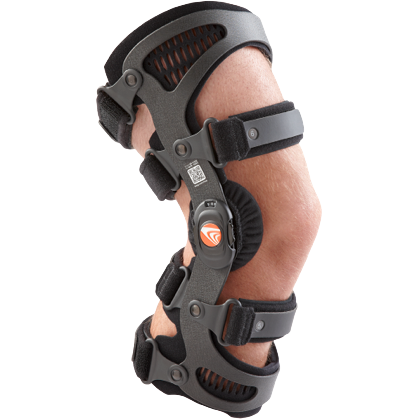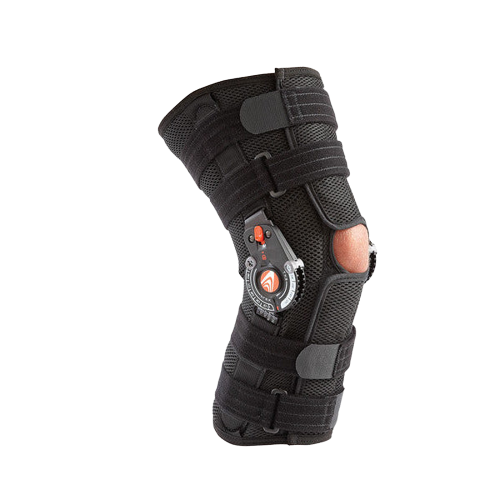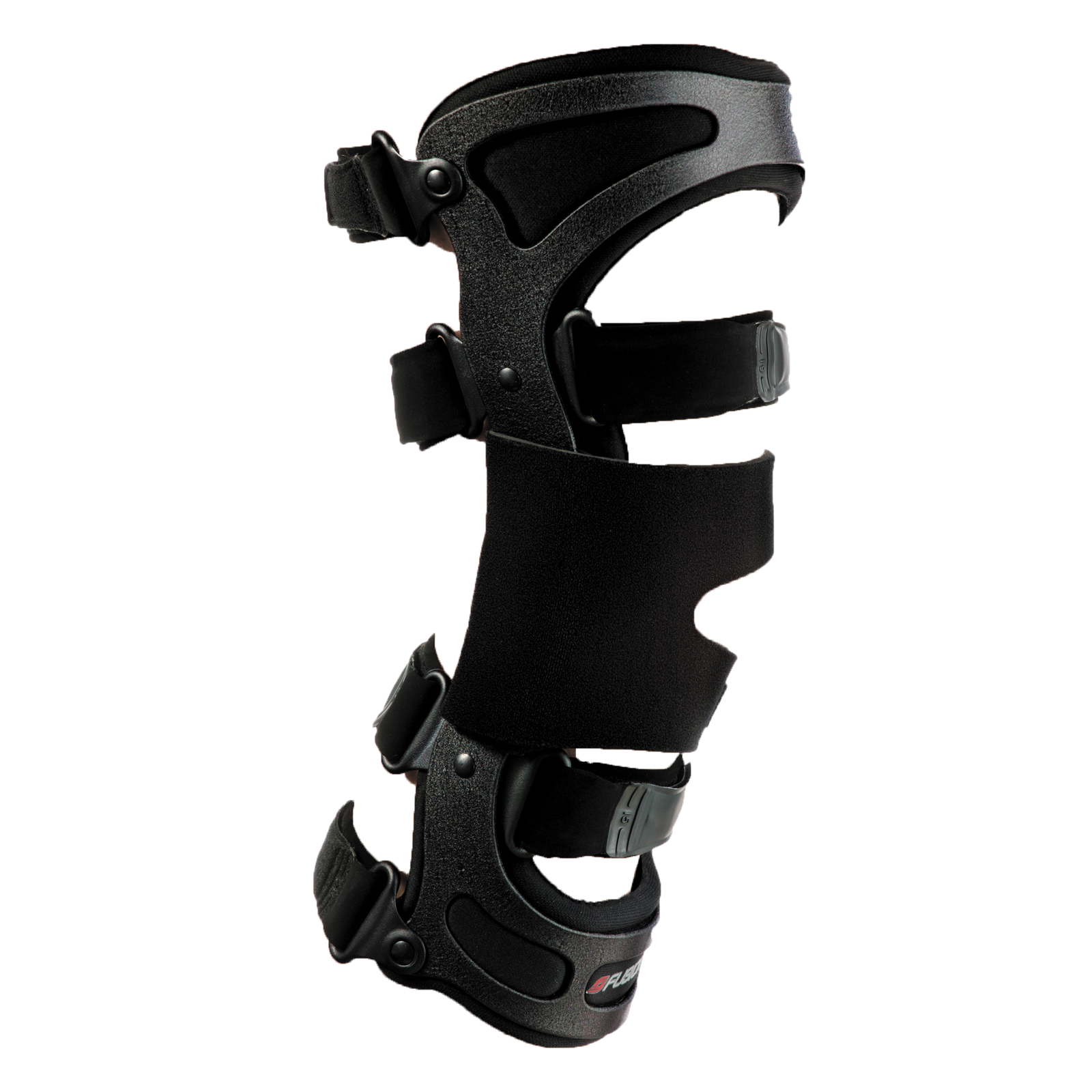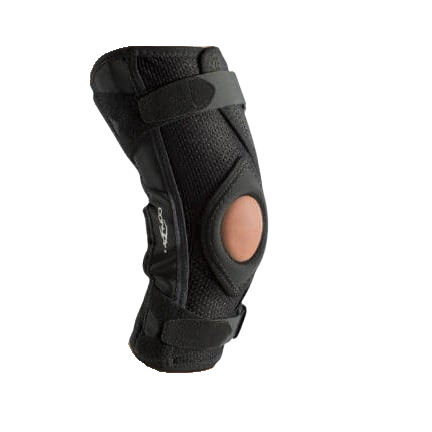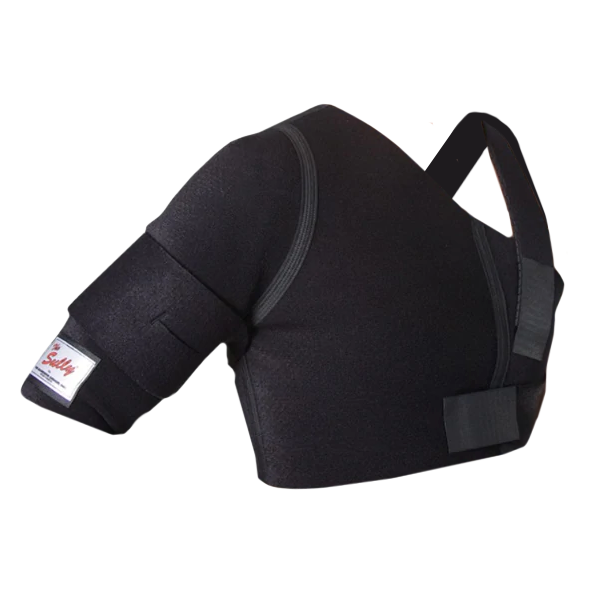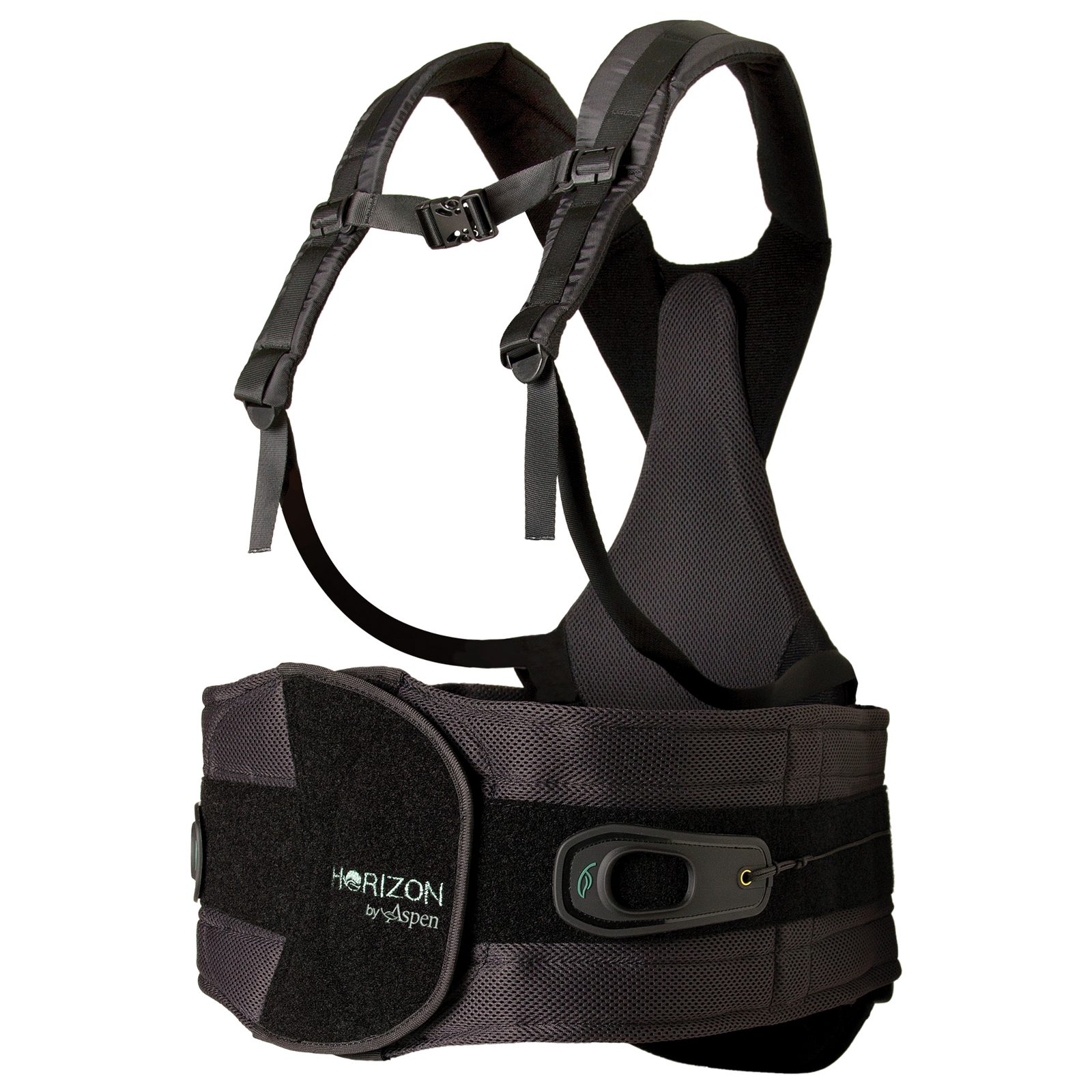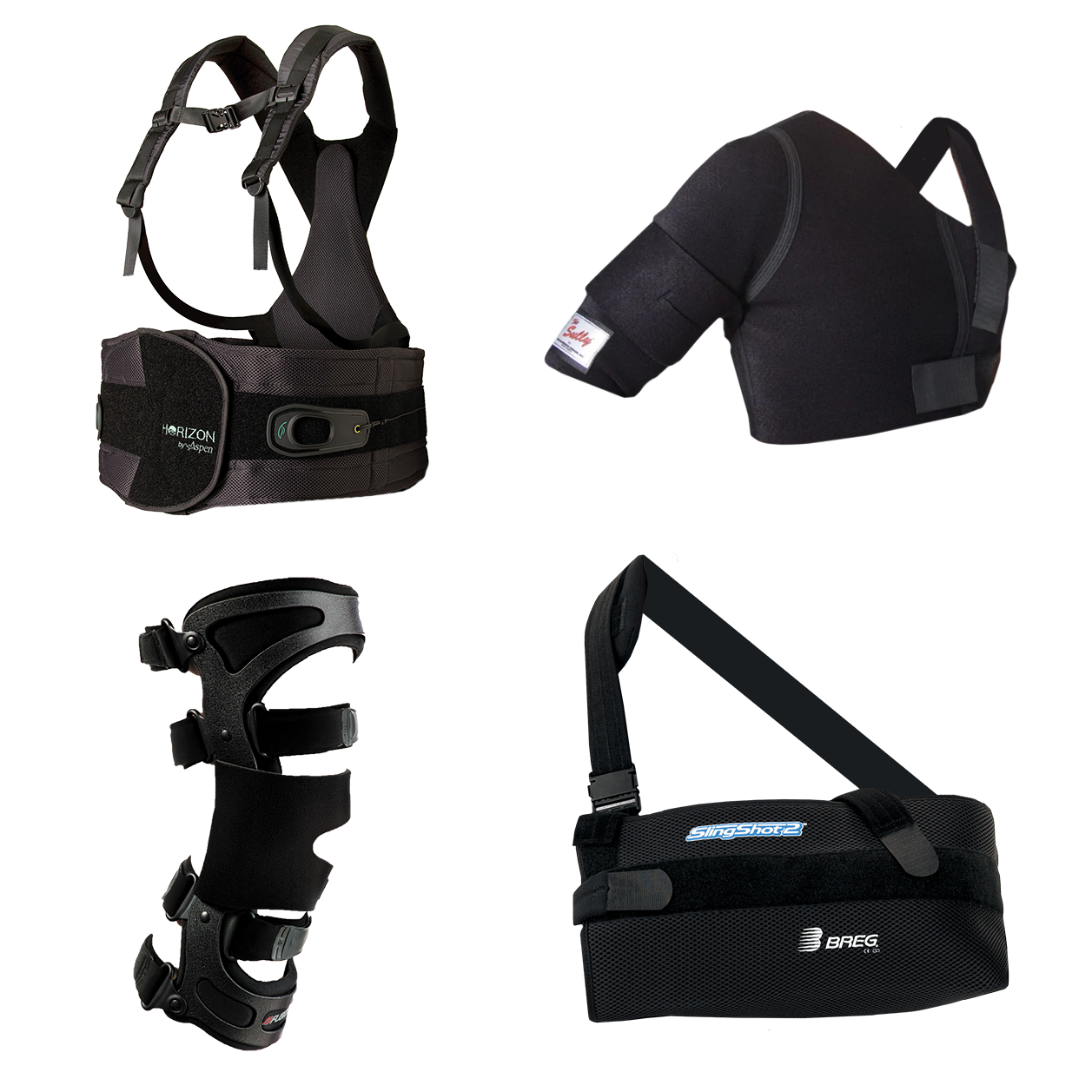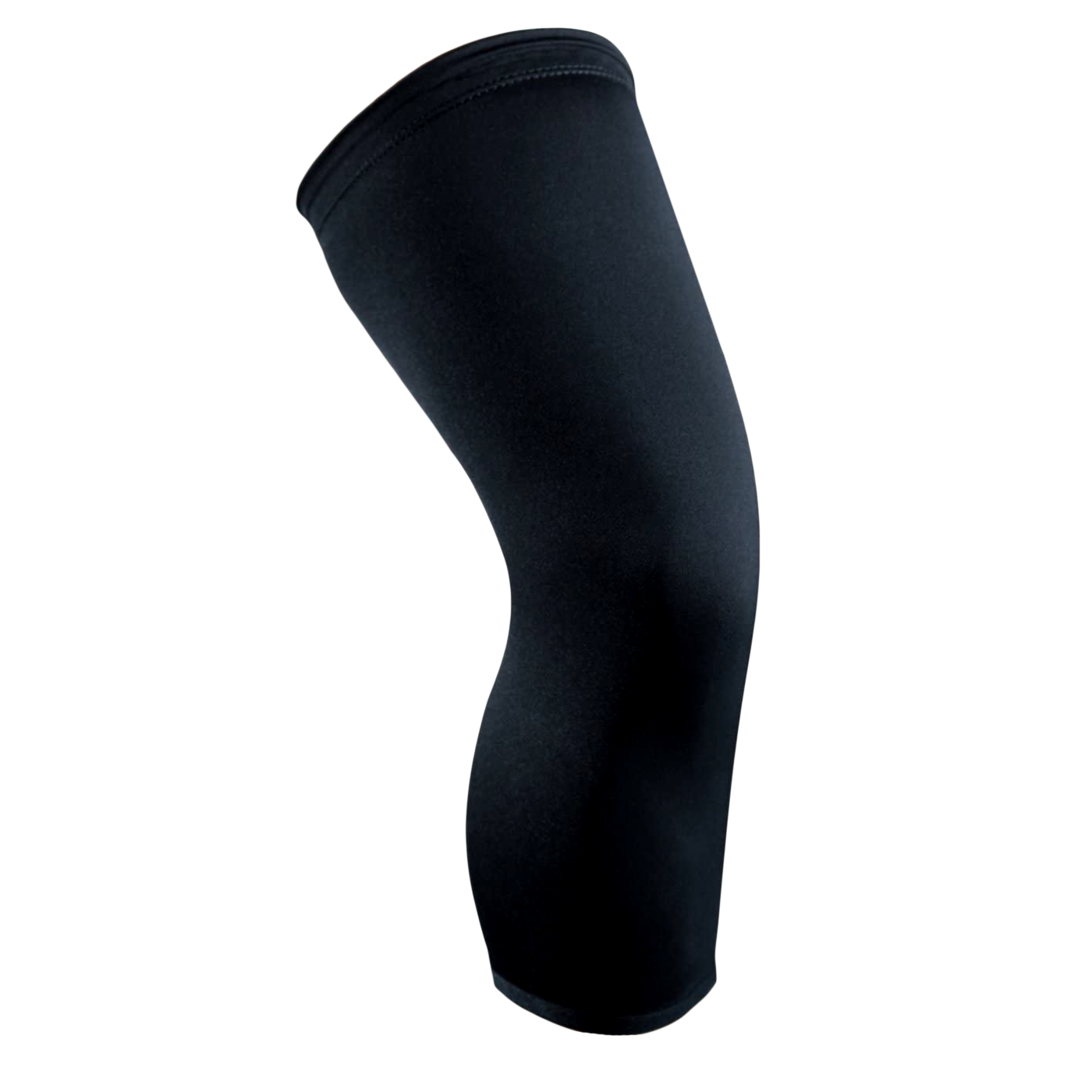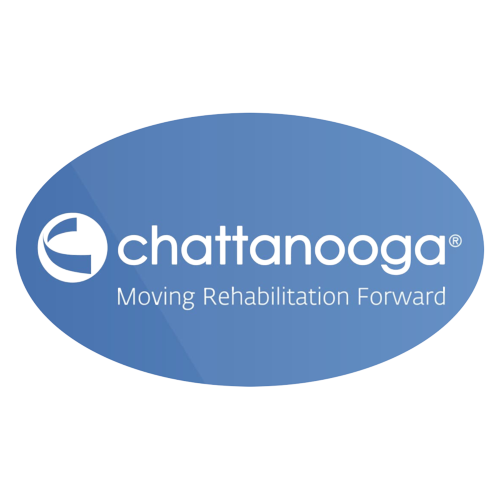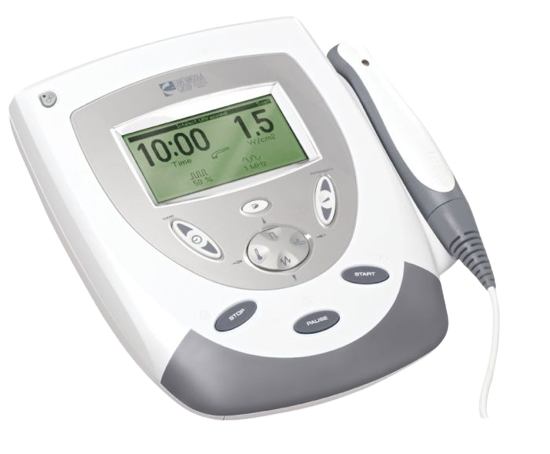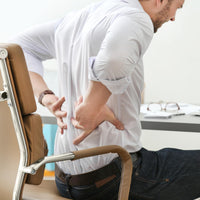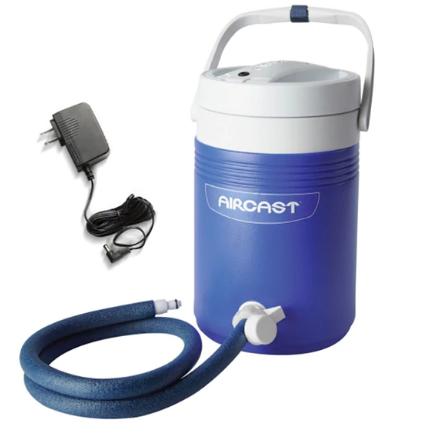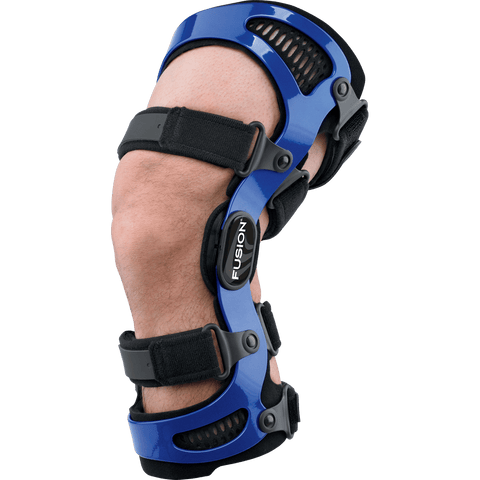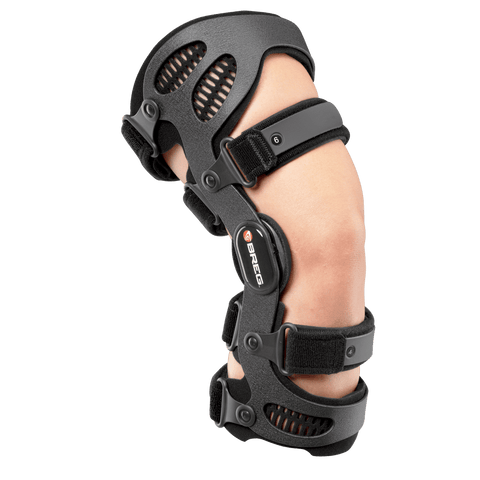
Many postoperative patients overlook the benefits of early mobilization after surgery, even though they’re a crucial component to making a full recovery.
Not only will early mobilization accelerate your healing process, but it will also help you avoid postoperative complications and a lengthy hospital stay.
Luckily, early mobilization after surgery can be achieved by all patients without any special equipment. By prioritizing a speedy recovery after your operation, you too can reap the benefits of early mobilization after surgery.
Key Takeaways
- Patients that walk soon after surgery are discharged an average of 2 days sooner than those who delay movement
- Healthcare providers encourage patients to get out of bed soon after surgery to reduce the risk of health complications
- Early mobilization accelerates recovery, improves patient outcomes and minimizes the likelihood of extended immobility
- Moving soon after surgery is proven to improve patients’ moods and self-esteem
Accelerated recovery is just one of the many benefits of early mobilization after surgery. Here’s what you need to know about early mobilization to ensure a smooth healing process.
What Is Early Mobilization?
Early mobilization starts when patients are encouraged to get out of bed within the first hours after their operation. Healthcare professionals prioritize early mobilization for all patients because of its many benefits, for both the patient and hospital staff.
Why Is Early Mobilization Important?
Benefits of early mobilization after surgery help counteract the surgical stress patients endure after their operation. Early mobilization accelerates recovery, improves patient outcomes and reduces the risk of extended immobility.
Immobility should be avoided at all costs because it lengthens a patient’s hospital stay and increases the risk for a negative postoperative experience:
- Health complications
- Diminished muscle mass
- Patient inconvenience

The complications outlined above can last for years after a patient’s discharge if not properly addressed. The key to avoiding these issues is working with your healthcare team to initiate early mobilization activities within a few hours after surgery.
7 Benefits of Early Mobilization After Surgery
Early mobilization after surgery is encouraged in hospitals across the globe because of its proven ability to enhance patients’ recovery. Here’s 7 benefits of early mobilization after surgery that help accelerate the healing process.
1. Shortened Hospital Stay
Patients that walk soon after surgery are discharged an average of 2 days sooner than those who delay movement. This makes sense, because we know that physical activity strengthens the muscles and joints, aiding in an increased circulation and accelerated recovery.
2. Improved Muscle Strength
One of the many benefits of early mobilization after surgery is improved muscle strength. Moving soon after your operation will help you regain muscle mass, especially in your abdomen and ankles.
Increased muscle strength will help with your coordination, posture and balance. It will also aid in increased joint flexibility in your knees, hips and ankles. Each of these benefits will get you closer to regaining independent mobility soon after your operation.
3. Increased Blood Flow
Early mobilization after surgery increases blood flow. Increased blood flow offers several benefits that minimize the risk of complications and help your body heal faster.
Increased blood flow stimulates circulation and reduces the risk of blood clots. Post-operative patients are naturally at a high risk for blood clots due to decreased blood flow. Early mobilization after surgery will encourage circulation, decreasing your risk of blood clots.

Increased blood flow also aids in quicker wound healing, minimizes swelling, and maximizes nutrients and oxygen delivered to your surgical site. Each of these factors will help accelerate the healing process.
4. Improved Independence
Early mobilization after surgery will accelerate your return to independent mobility as you patiently regain your strength. Improved independence is known to improve patients’ moods and self-esteem, further aiding in a positive healing journey.
5. Improved Physical Function
Early mobilization after surgery will also improve your physical function. Many of your body systems are naturally slowed after surgery:
- Gastrointestinal
- Genitourinary
- Pulmonary
- Urinary
Early mobilization after surgery helps these systems get back up to speed. Without moving soon after your operation, you’ll likely experience constipation, gas pain and weakness due to slowed body systems.
6. Less Postoperative Complications
Remember, without early mobilization, patients are at a high risk for postoperative complications. Staying in bed for an extended period of time after surgery leads to issues such as:
- Mobility and functional restrictions
- Sleep deprivation
- Delirium
- Altered nutritional states
- Prolonged hospitalization
The risk of complications mentioned above is reduced when patients engage with early mobilization exercises, progressing them towards healing and independent mobility.
7. Improved Patient Outcomes
Early mobilization has been proven to enhance patient outcomes. It minimizes complications associated with bedrest, improves bodily functions, increases strength and endurance, and encourages a positive outlook.
The combination of these benefits increases positive outcomes for patients due to an improved physical and mental state. This puts patients in a better position to continue down the road to recovery and regain full mobility after their operation.
When Should I Start Walking Again?
After an operation, it’s normal to experience:
- Eating and drinking within 2 hours after surgery
- Early mobilization within 6 hours after surgery
- Early catheter removal

Although, it’s important to remember that everyone heals at their own pace. Your professional caretakers will let you know when it’s safe to start moving again. They’ll also let you know which movements to avoid as your body heals.
Your doctors will prioritize early movement as a critical part of your recovery plan. After surgery, you will work with your healthcare team to set daily goals and increase intensity of exercises that encourage independent movement.
Be sure to trust your care team’s judgment when it comes to early mobilization after surgery. Trying to move while you’re still weak will increase your risk of complications. Delaying mobilization after surgery will lengthen your hospital stay and negatively impact your recovery.
Improve Your Mobility Today
The benefits of early mobilization after surgery will improve every patient’s postoperative experience. Prioritizing your own care and rehabilitation will help ensure a smooth healing process and accelerated recovery.
To learn more about natural healing methods that speed up recovery, visit OrthoBracing today. Here, you’ll find everything you need to regain your mobility and quality of life after experiencing both injuries and operations.


